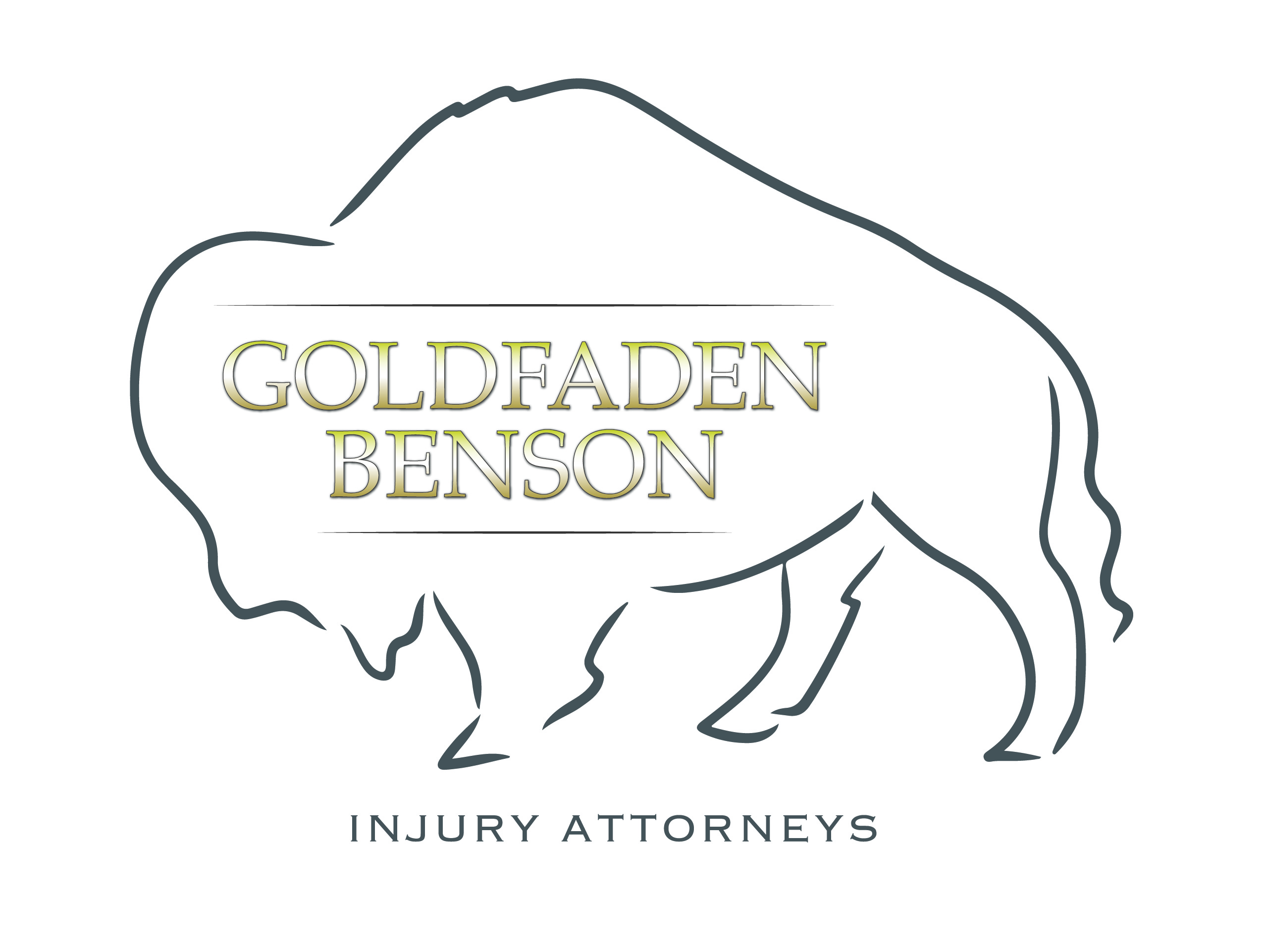5 Essential Steps to Take After a Personal Injury
Suffering a personal injury can be a life-altering experience, often leading to physical pain, emotional distress, and financial burden. Whether you’ve been harmed in a car accident, experienced a slip-and-fall, or encountered a defective product, knowing the Essential Steps to Take After a Personal Injury accident can significantly affect the outcome of your case. Following this guide can help you navigate this challenging scenario.
1. Ensure Safety and Seek Medical Attention
The first and most crucial step is to ensure your immediate safety and health. If you’re in a dangerous location, like a busy street or an unstable building, move to a safe place if possible.
Why Medical Attention is Critical
Regardless of how minor your injuries might seem, promptly seeking medical attention is essential. Medical records serve as vital evidence should you decide to pursue a personal injury claim. In Southern California there are a plethora of medical facilities well-equipped to handle emergency situations.
By consulting a healthcare professional, you ensure that all injuries, both visible and hidden, are documented. Many injuries, like concussions, whiplash, and internal bleeding, might not manifest symptoms immediately but can cause long-term damage if untreated.
2. Report the Incident
After ensuring your safety, the next step is to report the incident to the appropriate authorities. Depending on the type of personal injury you've suffered, this could mean contacting the police, informing your employer, or notifying property management.
Documenting the Incident
Filing a report creates an official record of the event. For example, in car accidents, a police report can provide crucial details for your case. In workplaces, an incident report helps in notifying the relevant authorities about workplace hazards.
In San Diego, the San Diego Police Department offers online and in-person options for filing various reports.
3. Gather Evidence
Evidence is the backbone of any personal injury case. Start collecting information and documentation as soon as possible. The more evidence you have, the stronger your case will be.
Types of Evidence to Collect
- Photographs: Take pictures of your injuries, the accident scene, and any property damage.
- Witness Statements: Gather contact details and statements from anyone who witnessed the incident.
- Medical Records: Keep copies of all medical consultations, prescriptions, and treatment plans.
- Reports and Receipts: Maintain records of any expenses related to the injury, including repair costs, transportation, and medical bills.
4. Notify Your Insurance Company
Informing your insurance company about the incident is essential for claims related to personal injury, especially in cases involving auto accidents or homeowner's liabilities.
Communicating with Your Insurer
When communicating with your insurance company, provide accurate and detailed information. However, be cautious about what you disclose, as insurance companies might use your statements against you to minimize their payouts.
In some cases, working with a lawyer can help streamline this process and ensure you don’t unintentionally harm your claim.
5. Consult a Personal Injury Lawyer
Navigating the intricacies of personal injury law can be overwhelming. Consulting a skilled personal injury lawyer can provide the expertise needed to handle your case effectively.
Why Legal Guidance Matters
A lawyer can help you understand your rights and options, negotiate with insurance companies, and build a strong case for compensation. In Southern California, a personal injury lawyer experienced with local laws can be especially beneficial.
Consider reaching out to Goldfaden Benson for a consultation. Our team can help you assess your situation and suggest the best course of action to protect your interests and secure the compensation you deserve.
Conclusion
Understanding these essential steps can significantly impact the outcome of your personal injury case. Ensuring safety, seeking medical attention, reporting the incident, gathering evidence, notifying your insurance company, and consulting a personal injury lawyer are crucial actions to take immediately after a personal injury. If you have any questions or need legal guidance, don’t hesitate to contact Goldfaden Benson. Our experienced attorneys are here to help you navigate the complexities of personal injury law and get the justice you deserve.
FAQs
1. What should I do if my injuries appear minor?
Even minor injuries can have long-term consequences. Seek medical attention to document your injuries properly and ensure there are no hidden issues.
2. How long do I have to file a personal injury claim in California?
In California, the statute of limitations for personal injury claims is generally two years from the date of the injury. However, certain cases might have different time limits, so it's crucial to consult with a lawyer.
3. Can I handle a personal injury claim on my own?
While it’s possible to handle a claim on your own, having a lawyer can significantly increase your chances of receiving fair compensation. Legal professionals can navigate the intricacies of the law and negotiate effectively with insurance companies.
4. What types of damages can I claim in a personal injury case?
You can claim various types of damages, including medical expenses, lost wages, pain and suffering, and property damage. An experienced lawyer can help you identify all possible claims.
5. How can I find a reliable personal injury lawyer in San Diego?
Look for lawyers with experience in personal injury cases and positive client reviews. You can start by contacting Goldfaden Benson for a consultation with our experienced team.







